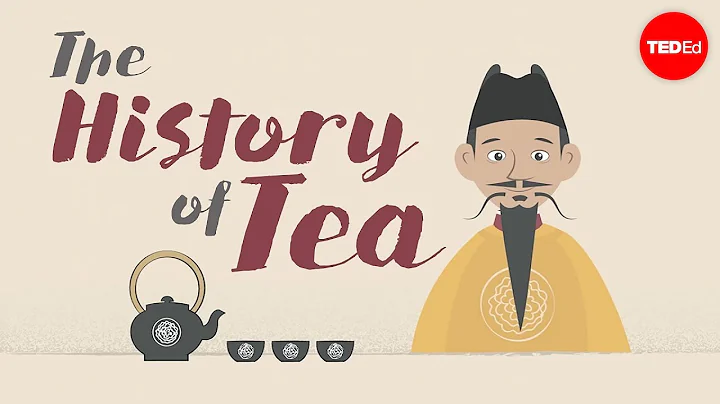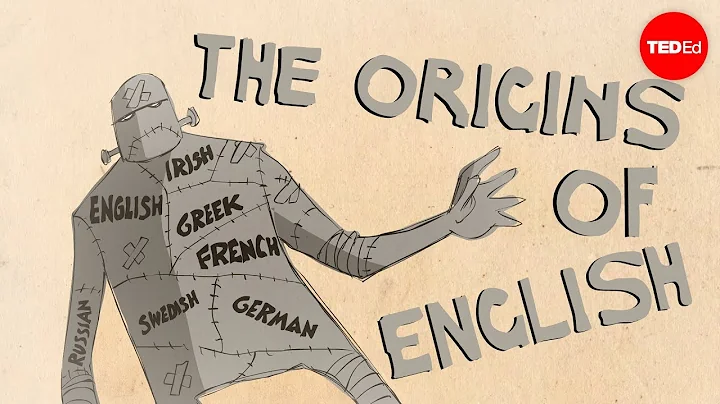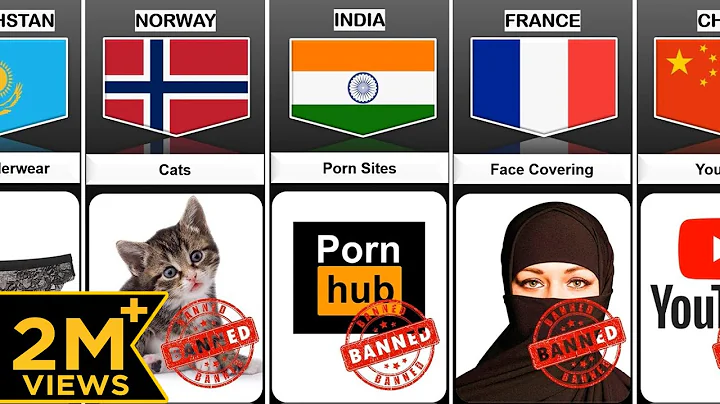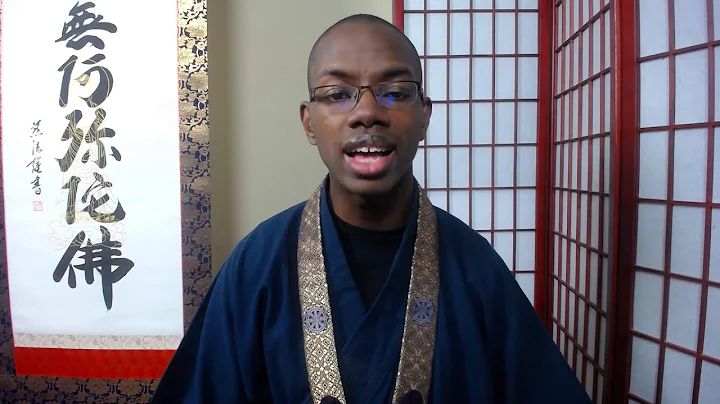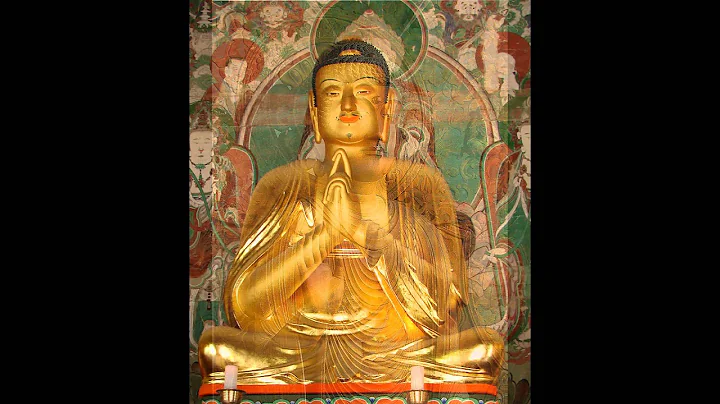To discuss this issue, we need to first define what kind of country China is.
According to the origin of the country, it can be divided into three types: nation-state, cultural country, and religious country. Which category do we belong to?

A nation-state, as its name suggests, is a country formed with nationalism as the cohesive force and centripetal force. It is often composed of a single ethnic group. The advantage is that it has a strong sense of national pride and is very united. The shortcomings are also obvious: xenophobia, the mentality of those who are not our own race must be different, and the lack of acceptance and tolerance of foreign races and cultures, which is not conducive to long-term development. A typical case is our neighbor who is the number one in the universe.
A cultural country, or a civilized country, continues with civilization as a carrier and is not limited to fixed ethnic groups.

Religious state is a national entity formed with religious beliefs as the carrier. Typical cases are the Vatican and the majority of Middle East Islamic countries.
China has a dominant ethnic group, the Han, so you can characterize it as a nation-state, but that’s not entirely correct. Because, Hanwu , biologically, there has never been a fixed group. The Han nationality was first called the Huaxia nationality, and after the Han Dynasty, the name of the Han nationality was established. However, after the Eastern Jin Dynasty, the Huns, Xianbei, Wuwan, Di, and Qiang from the north entered the Central Plains one after another. They were known as the "Five Huanhua" in history. Some barbarians from the Jianghan area also poured into the Central Plains. , forming a situation in the Central Plains where the Han people intermingled with the Xiongnu, Xianbei, Wuwan, Di, Qiang and barbarian peoples. On the other hand, the Han people in the north moved south in large numbers; this was known in history as "the people crossing the Yangtze River and the Pearl River", creating a situation where the Han people intermingled with southern ethnic minorities or tribes such as the Barbarians, Li, and Liao people in the Yangtze and Pearl River valleys. Most of them have been assimilated by the Han nationality and become part of the Han nationality.
The development of the Han nationality is a process of multi-ethnic integration.
Living in the Central Plains, those who practice Han etiquette are all Han people.
Let's go back to the sentence " There will be no China after Yashan , and there will be no Huaxia after the fall of Ming Dynasty." In the battle of Yashan, the entire Song army was wiped out, and the Central Plains dynasty fell to the hands of nomads for the first time. I don't think there is anything at all about the demise of Song Dynasty. It is regrettable, looking back at the situation recorded at that time, Lu Xiufu jumped into the sea on his back, and one hundred thousand soldiers and civilians jumped into the sea to die for their country. It sounds very honest, but isn't it true that the Song people were pedantic? Isn't it the best choice to continue to move south to Hainan Island or Taiwan to continue resisting? The Song Dynasty emphasized culture over military affairs, economics over military affairs, and was already doomed to defeat. How can such a nation, like a docile fat sheep, stand firm in the advancement of nations in the world?


After Yashan, did the Han people really die? The Song Dynasty just died. It should be said that "there is no Southern Song Dynasty after Yashan"! The Mongols moved into the Central Plains and became the emperor of the Central Plains people. Let’s not talk about whether they did well or not. Anyway, they were like cats and tigers, but in the end they did not fully integrate in. They destroyed the land for grazing and established a hierarchical system. In the end, they dug their own graves and were pulled down by others. !
If you haven’t integrated in, you don’t belong to this land after all.
There was no Huaxia after the fall of the Ming Dynasty. The Ming Dynasty . As the last Han dynasty in Chinese history, it perished in the year 276 of Guozuo after a series of violent actions by the emperor and his ministers. In this way, the Manchus settled in the Central Plains and became the emperor of the Central Plains people. It has to be said that the Qing Dynasty inherited the Han system better than the Mongols, and almost copied the previous dynasty.

After the Qing Dynasty, the most obvious change was , shaving off one’s hair and becoming more comfortable in . Han people no longer have the appearance of Han people, but our culture is still there.
As a cultural country, as long as civilization remains, China will still be China, and China will still be China!






